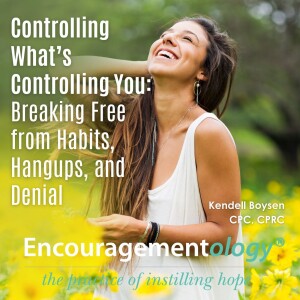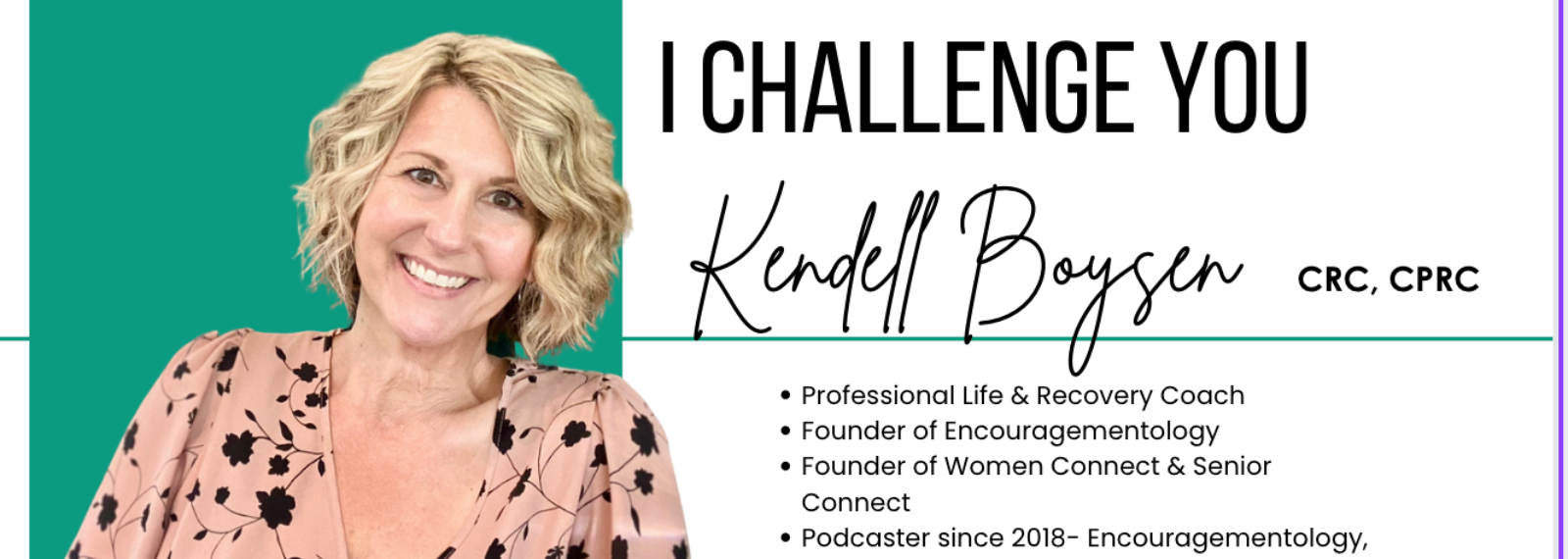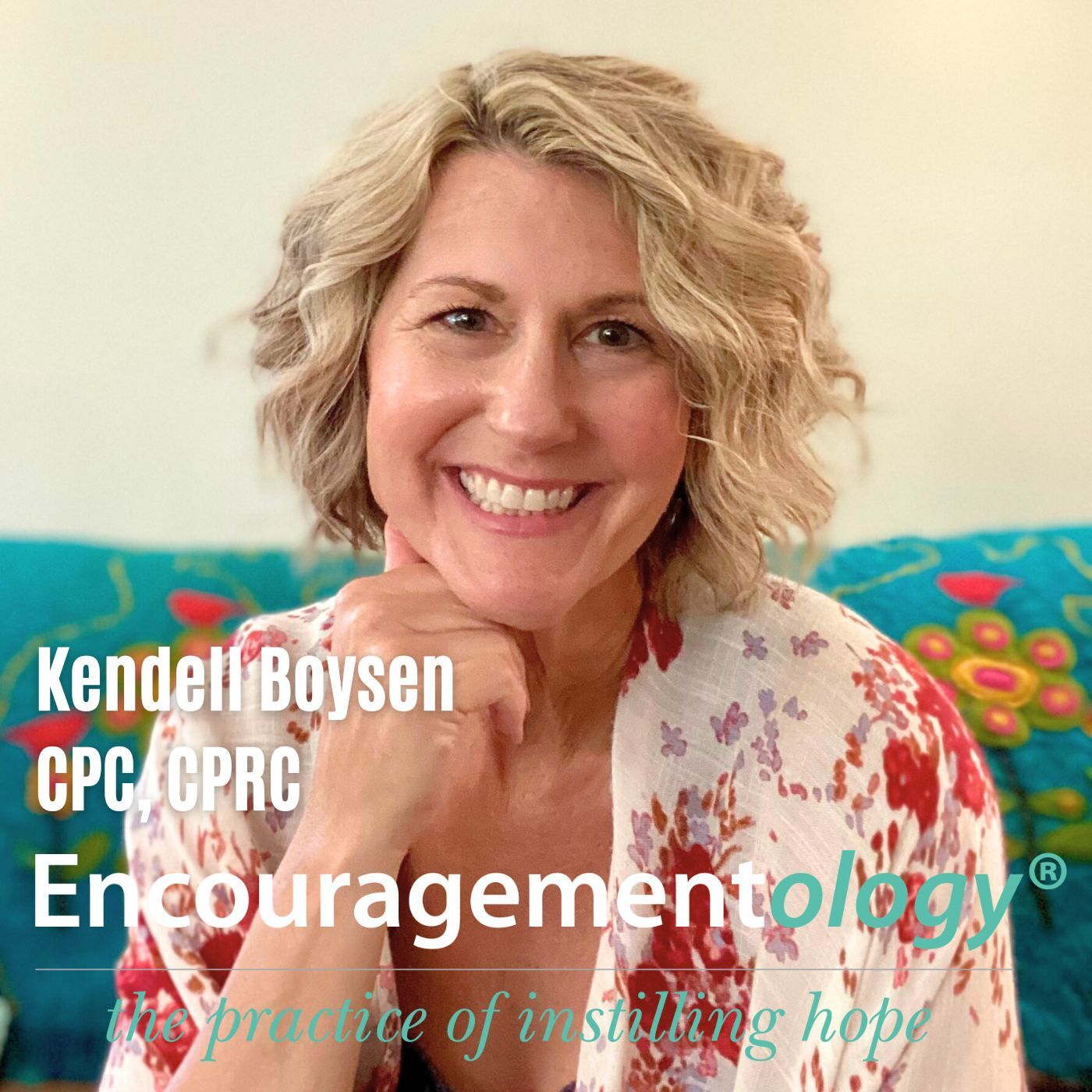Episodes

Tuesday Jun 17, 2025
Tuesday Jun 17, 2025
SHOW NOTES:
On this show… we’re exploring the sneaky ways we lose control—without even realizing we’ve handed it over. Have you ever found yourself doing something—again—and thinking, “Why do I keep doing this?” Maybe it’s late-night scrolling, that one more drink, the need to say “yes” when you’re screaming “no” inside. These patterns creep in, settle down, and before you know it, they’ve built a little nest in your life. We call them habits, but sometimes, they’re more than that. Sometimes they’re hangups, hurts, or full-blown addictions masquerading as routines. And here’s the kicker—they don’t just take up space; they slowly take the wheel. What if you’re not as in control as you thought? What if what you think is manageable is actually managing you?
Today, we’re going deeper—not to shame or scold, but to shine a gentle light. Because denial is tricky. It whispers that you’re fine, that it’s not affecting anyone else. But the truth is, what controls you, changes you. It touches your relationships, your work, your peace. And the hardest part? Admitting it. Facing yourself in the mirror and saying, “This isn’t working anymore.” But here’s the good news: awareness is the first, most powerful step toward freedom. So today, we’re cracking open the doors of truth with compassion, curiosity, and a roadmap to reclaiming your power.
Before we can take control back, we have to understand what we’re really dealing with. So let’s break it down.
Habit vs. Addiction
A habit is something we do regularly, often without thinking—like brushing your teeth or making coffee first thing in the morning. Habits can be helpful, neutral, or harmful. They’re built through repetition and reinforced by small rewards (hello, dopamine!). On the other hand, addiction takes things further. It’s compulsive. It’s often used to escape, numb, or gain relief. And it continues despite negative consequences. The line between habit and addiction can blur, especially when the habit becomes something we rely on emotionally or physically.
Denial and Self-Deception
Denial is a powerful defense mechanism. It protects us—from shame, fear, discomfort—but it also keeps us stuck. When we’re in denial, we minimize, rationalize, or outright ignore what’s happening. We say things like “It’s not that bad,” “I can stop anytime,” or “It’s not hurting anyone.” But these lies we tell ourselves can build a wall so thick that even when we’re suffering, we can’t admit we need help. The longer we stay there, the harder it is to see a way out.
The Grief of Letting Go
Yes, grief. Because even when we’re giving up something toxic, we’re still letting go of something familiar. This is where the Five Stages of Grief come into play:
- Denial – “This isn’t a problem. I’ve got this under control.”
- Anger – “Why do I even have to deal with this? It’s not fair.”
- Bargaining – “If I only do it on weekends, that’s fine, right?”
- Depression – “I feel helpless. I’m tired of trying and failing.”
- Acceptance – “This is real, and I’m ready to do something about it.”
We grieve because we’re changing. We’re letting go of the version of ourselves we thought we needed—and that’s not easy. But it is powerful.
The Invisible Impact
Here’s the truth: you don’t live in a vacuum. Whatever is controlling you—whether it’s overworking, people-pleasing, numbing, or isolating—it doesn’t just affect you. It impacts your energy, your presence, your relationships, and your potential. The scary part? You might not even know the full extent until you start making a change.
Habit vs Addiction: Understanding the Difference
The 5 Stages of Grief and Addiction
REWIRE YOUR BRAIN - Neuroscientist Explains How To Control Your Mind in MINUTES!
CHALLENGE: Name what’s been silently calling the shots in your life—whether it’s a habit, a hurt, or a hang-up—and meet it with honesty instead of avoidance. Then, take one small step toward releasing its grip, reminding yourself that you are not powerless, you are in progress.
I Know YOU Can Do It!



No comments yet. Be the first to say something!